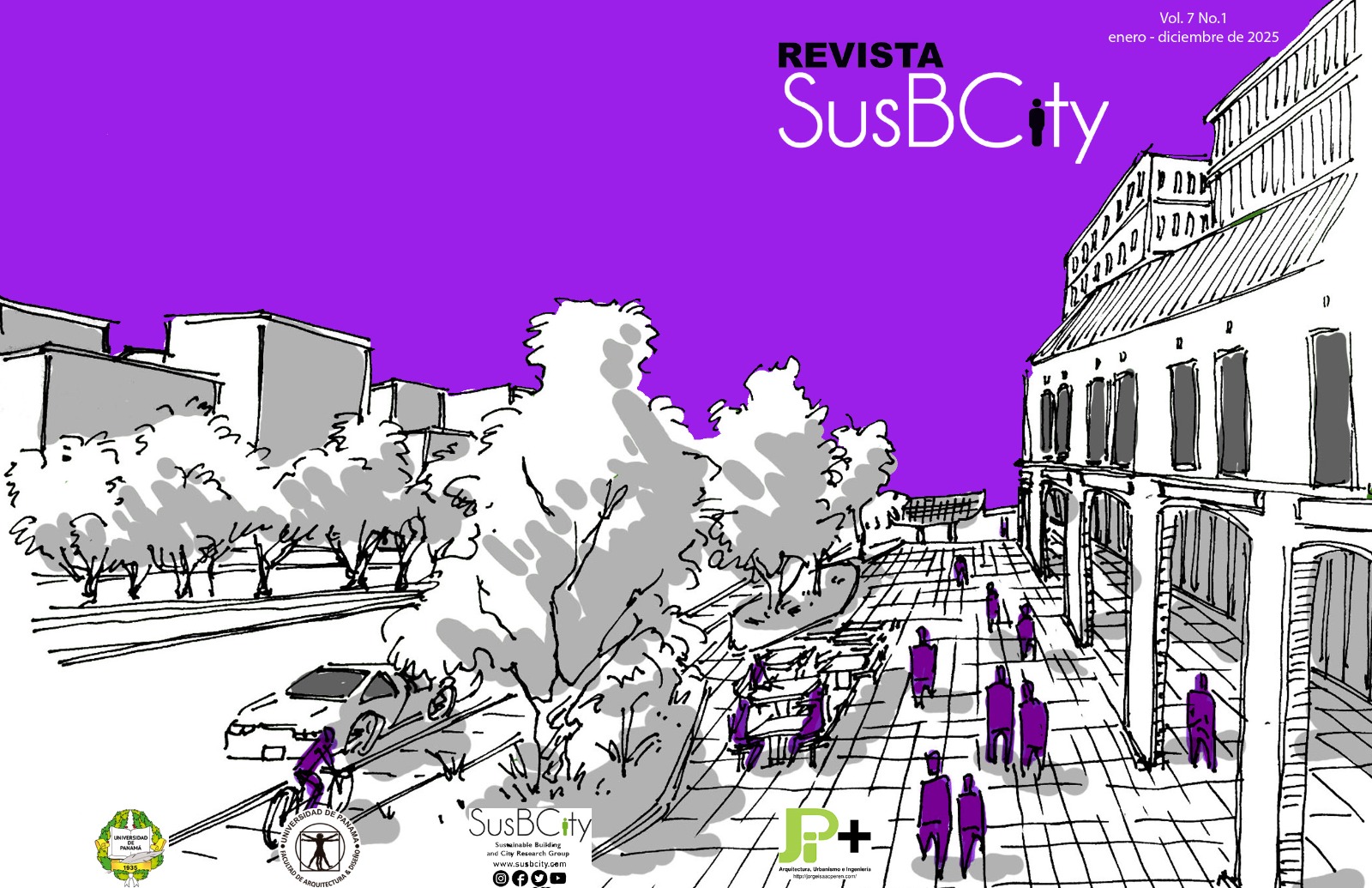

The increasing relevance of approaches that integrate planning and design for the sustainable development of public and private infrastructure on a global scale responds to challenges such as urbanization, climate change, and resource scarcity. This aims to optimize project sustainability and efficiency by considering environmental, social, and economic impacts. The objective of the study is to explore how the aforementioned integrated approaches can enhance the sustainability and efficiency of infrastructure projects globally. Specifically, it seeks to identify and analyze current trends, evaluate the impact of these approaches on project sustainability, and synthesize available evidence for future decisions. A systematic literature review was conducted, selecting articles based on rigorous criteria to ensure the quality and importance of the information. A mixed approach of qualitative and quantitative analysis was used to address the integration of approaches in planning and design. The results reveal that integrated approaches contribute to sustainability and efficiency in infrastructure projects. Adopting collaborative practices and considering multiple perspectives throughout the project lifecycle can overcome barriers and improve the implementation of sustainable infrastructure. It is concluded that the integration of such approaches is essential to address sustainability challenges at a global level. Further research and a holistic approach are recommended, including effective policies and strategic planning to continuously improve practice and theory in this vital field.